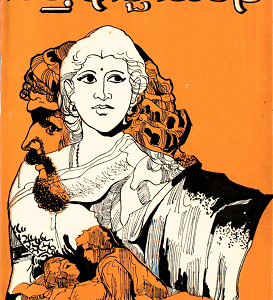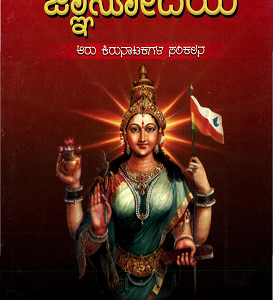“I’ll Leave It To You”: A Light Comedy In Three Acts
| Publication Language |
English |
|---|---|
| Publication Type |
eBooks |
| Publication License Type |
Open Access |
| Publication Year |
2010 |
| Publisher |
Project Gutenberg |
| Publication Author |
Coward Noel |
Kindly Register and Login to Tumakuru Digital Library. Only Registered Users can Access the Content of Tumakuru Digital Library.
















